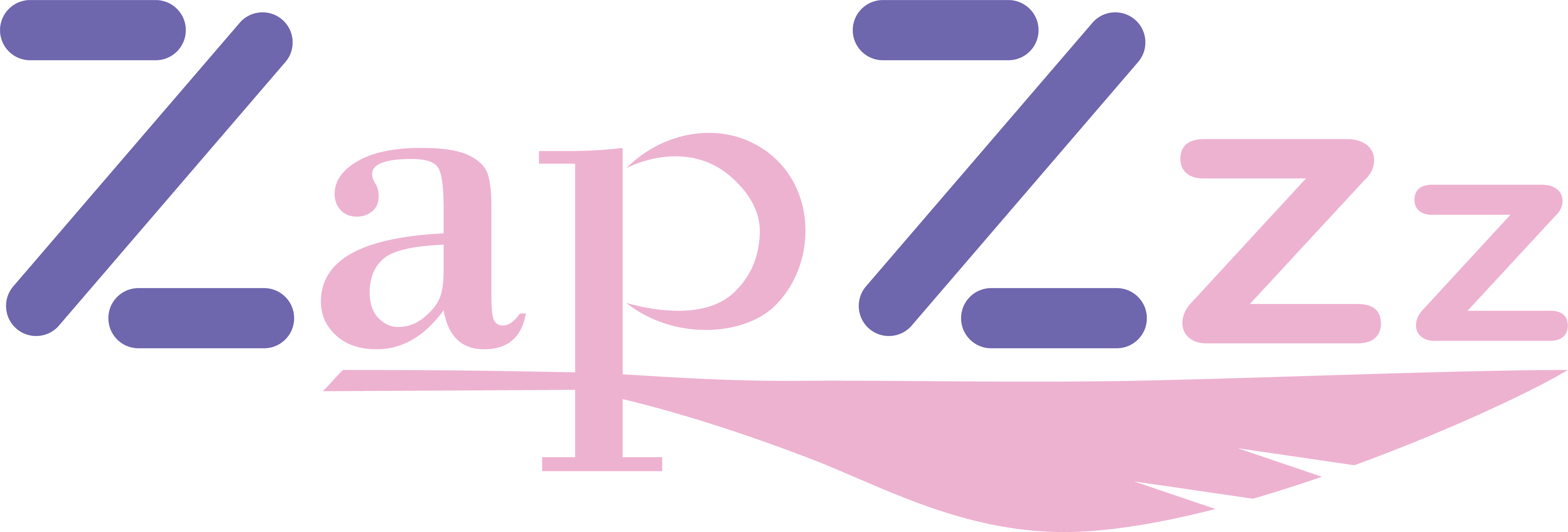SLEEP APNEA
Care at ZapZzzz is painless and pleasant
Get Comprehensive Care for Sleep Apnea
Have you been diagnosed with sleep apnea? Worried about your loved one who suffers from this condition? At ZapZzz, we specialize in diagnosing and treating sleep apnea, snoring, and TMJ disorders. Our state-of-the-art clinic ensures you get quality sleep through comprehensive, patient-centric caregiving. Tailored solutions provided by our team of experienced sleep specialists will help you achieve restful, uninterrupted sleep.
If you’re looking for the best sleep apnea specialists in the US, then ZapZzz should be your first choice. At our sleep apnea clinic, your health & peace of mind take priority. We offer the latest sleep apnea solutions, snoring treatments, holistic sleep remedies, and CAPA alternatives, with a focus on treating this condition via non-invasive methods.
If you suspect you have sleep apnea, it is essential to schedule an appointment with one of our sleep apnea specialists. During your consultation, your healthcare provider will typically:
- Inquire about your symptoms and medical history
- Perform a physical examination
Based on the findings from your evaluation, our team will collaborate with you to create personalized treatment plan suited to your specific needs.
Best Sleep Apnea Specialist at quality rates It's right where you need it.
SLEEP APNEA: Description and Symptoms
Millions of Americans experience sleep apnea, which is a medical condition in which a sleeping person’s breathing gets interrupted in the middle of a good night’s rest. You should get it treated right away if diagnosed with sleep apnea. At ZapZzz, we’ll treat both sleep apnea types, i.e., OSA (obstructive sleep apnea) and CSA (central sleep apnea). If you have sleep apnea, you or your loved one will notice these symptoms:
- Loud snoring
- Daytime exhaustion
- Head throbs in the morning
- Mouth feels dry as cotton
- Awakening frequently at night
- Acting frustrated and easily irritated
Why Is Sleep Apnea Bad For Your Health?
At ZapZzz, we constantly remind our clients that sleep apnea has to be managed properly. If not treated right away by a state-of-the-art clinic specializing in sleep apnea, this condition turns into something even more complicated, such as heart disease, type 2 diabetes, high blood pressure, memory issues, mood disorders, etc. Hopefully, it’ll encourage you to seek treatment options for your sleep apnea, something that we at ZapZzz specialize in with 100% expertise!
Why Choose ZapZzz’s Sleep Apnea Specialists?
Here’s why you should trust ZapZzz when it comes to sleep apnea testing and treatment:
- We have experienced sleep apnea experts working for us.
- We offer you a supportive environment for effective sleep management.
- We use the latest non-invasive methods to diagnose you and treat this condition.
- We offer personalized treatment options and accept all PPO Medical Health Insurance.
If you or a loved one may have sleep apnea, don’t wait to seek help. Contact ZapZzz today to schedule a consultation right away. Take the first step toward better sleep and improved health.
What are the three main types of sleep apnea?
- Obstructive Sleep Apnea (OSA): OSA happens when the muscles in the back of your throat relax & block your airway.
- Central Sleep Apnea (CSA): Occurs when the brain fails to send proper signals to the muscles that control breathing.
- Mixed (Complex) Sleep Apnea: A combination of both OSA and CSA.
What are some common symptoms of sleep apnea?
- Loud snoring
- Excessive daytime sleepiness
- Morning headaches
- Waking up with a dry mouth or sore throat
- Gasping or choking during sleep
What are the treatment options for sleep apnea?
- Lifestyle modifications: Weight loss, positional therapy, and avoiding alcohol or sedatives before bed.
- CPAP therapy: A continuous positive airway pressure (CPAP) machine keeps the airway open during sleep.
- Oral appliances: Custom-fitted devices reposition the jaw to improve airflow.
- Surgical options: Procedures to remove airway obstructions or alter throat structures for better breathing.
